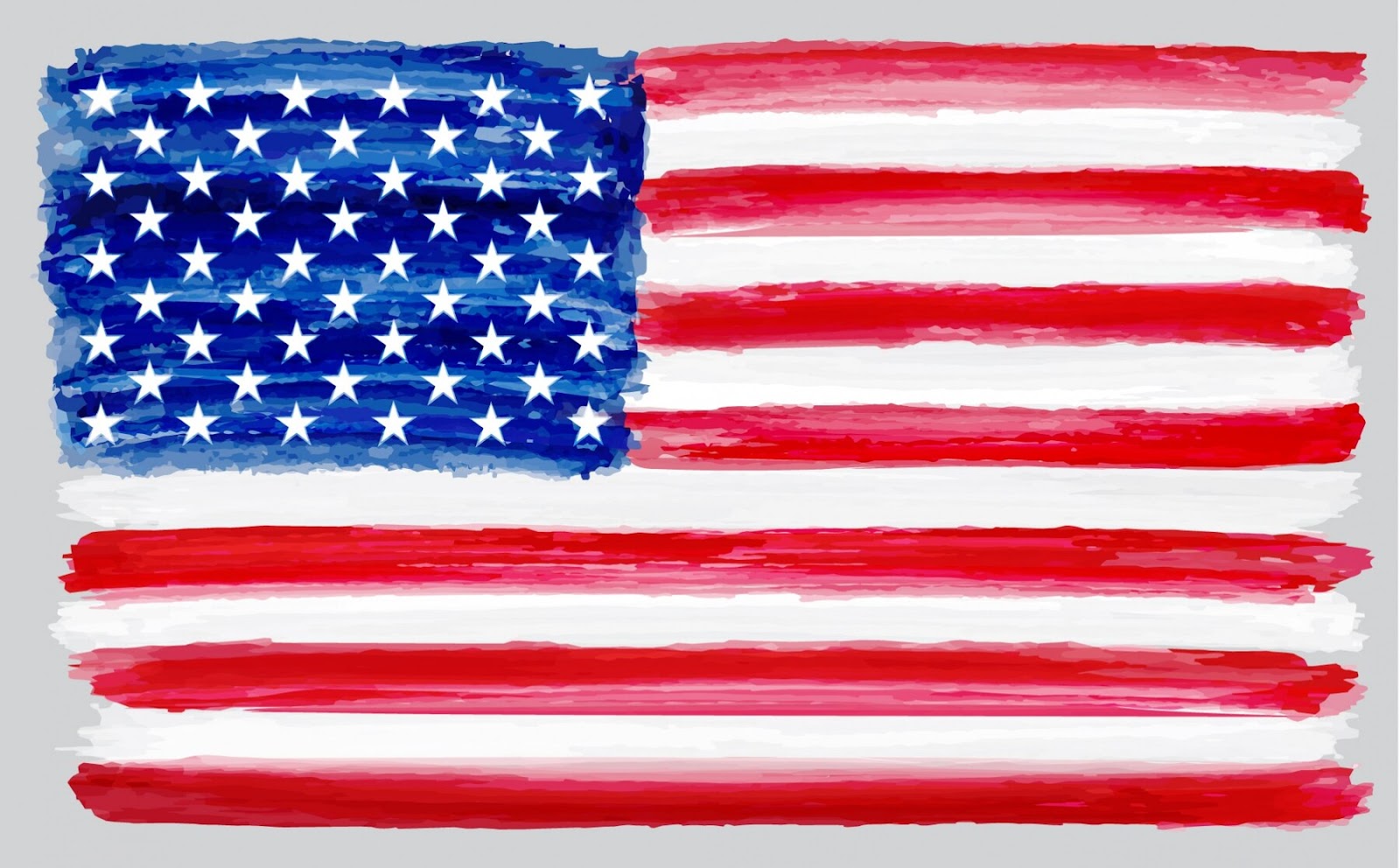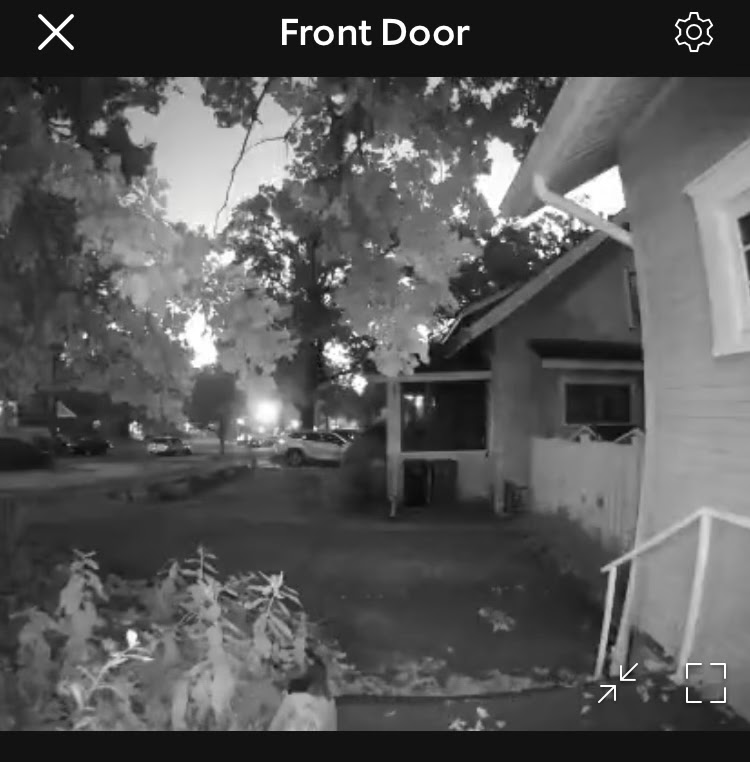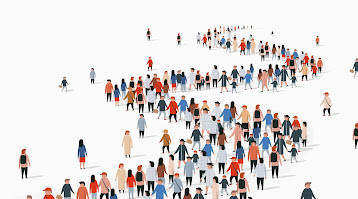Handsome and talented, winsome and strong, also deeply flawed, proud and punishing, and then wise and benevolent in his old age, David is the ideal on-screen hero. I am, frankly, stunned there isn’t already a six season Netflix series about him. The bible gives him a hefty portion of Old Testament airtime with 1 & 2 Samuel, 1 Kings, and 1 Chronicles, casting for him the perfect villain in King Saul. Predecessor to the throne, this former army general with real main character energy, is both immensely kingly then increasingly mad. He’s super jealous of David and hungry to hang onto power. Dangerous and prone to fly into terrible rages, King Saul is calmed only by the gentle harp playing of his nemesis, young David, which must drive him all the more mad.
Then we’ve got the wise Yoda figure in the prophet Samuel (whose own life is also a compelling show waiting to be made). He anoints Saul to be Israel’s very first king, and then later secretly anoints David when David is only a shepherd boy - the youngest and least likely of his many brothers to be anything but a country bumpkin, but he’s got skills, battling lions and bears to protect the sheep, and he’s a songwriting savant, making music all alone out in those green pastures near quiet streams, so maybe the series could be a musical.
Then there’s the bond of a soulmate, a deep, abiding friendship with a close and intimate confidant, Jonathan, who, as a boy, watches the little kid David slay the giant Goliath in front of two mighty, cowering armies, (thatscene would be the title sequence for sure!) and then introduces himself, and the two become fast friends, and Jonathan loves our hero as he loves his own heart.
Jonathan also happens to be the mad king’s son, and he stands between the two to protect David’s life on several occasions. They meet up in fields and caves when David is in hiding from Saul’s fury, amassing a pirate crew of renegades and living off the land. Jonathan tries relentlessly to make peace and bring David back into the king’s good graces, and finally, in grief and sorrow, lets him go when he sees Saul will never relent. Jonathan and David promise forever to stand by one another no matter what, and then Jonathan and Saul die in a different battle with the Philistines. (Goliath’s side gets them after all).
There is the love of a princess, who becomes his wife, and later is horrified by David’s unrestrained public display of emotion. Then another woman, Abigail, who saves her own husband from David’s wrath, deeply impressing him and then marrying him when her husband dies, and more women who become wives as well.
And there’s his sleezy, cascading into evil, obsessing over the married Bathsheba and impregnating her, then sending her husband to the front lines of battle commanding the rest of the army to retreat so he would be killed, and David could marry Bathsheba and cover up his shame. David’s greed, arrogance and cruelty are exposed in a humiliating confrontation with the new prophet, Nathan, whom God sends to David to set him straight. Crushed with grief and regret, David repents. And even though that baby does not live, he and Bathsheba remain married and other children follow, including Solomon. And Bathsheba herself rises to power, advising her own son once he assumes the throne.
David’s vivid life is dogged by the threat of death, frequent betrayal, sheer terror and staggering loss, and along the way he builds the city Jerusalem, and unites the tribes and establishes the nation of Israel. He steals, cheats, rapes, lies, kills, and sacrifices those he loves for his own power and well-being. And he is also rules with wisdom and love, and is generous, kind, loyal, trustworthy, tender, and heartwrenchingly vulnerable. He ends his life passing on drawings and plans for the construction of the temple like a mantle and blessing to his son Solomon.
But what’s especially compelling about David is how his heart is laid bare in the Psalms. Trust and gratitude, anguish and wonder, contrition and pettiness, anger, longing and love – half of the book of Psalms is written by him. It’s like having a glimpse of his inner world, his relationship and ongoing conversation with God. David’s prayers became the prayerbook of the Church, and of Judaism before us. Jesus himself was raised praying these same Psalms that we pray. For three thousand years - from sanctuaries to hospital bedsides, at caskets and christenings, chanted by monks and whispered in concentration camps, David’s words have been recited in every language on the planet, and the conversation with God continues.
Now, having reacquainted ourselves with David, let’s imagine this week’s episode of our King David TV series begins with a flashback. A messenger, racing and breathless, arrives at Jonathan’s house, and stammers out to the servant who opens the door that Jonathan and King Saul have just been killed in battle. The household flies into a panic, people race around grabbing what they can and prepare to flee. A nursemaid bursts into an upstairs room where a young boy of five is napping. She snatches him up out of bed and carries him out, half asleep, still limp in her arms. Running to the stairs she whips around a corner and the boy slips from her grasp, dropping over the railing to the stone floor below. She screams and races to his side, and the flashback ends.
We jump 20 or so years ahead to today’s reading. David has been king for some time, and most of the rest of Saul’s family has long been wiped out by David’s side in the ongoing battles for power. The battle dust and construction dust died down, I imagine David finds himself in a period of relative peace. Perhaps he’s standing at a window on a beautiful sunny day, a soft breeze rustling the olive trees in the garden below. Calm is nice, but it can also bring up sorrow and ghosts, and David longs for his dear friend Jonathan. There is nothing David can do to change the past. But in the quiet of this pause, the question arises, What will I do with what’s left of my life?
And here comes up again that word we learned with Ruth – whose whole story is an illustration of this. The word is hesed, which means something like belongingnesss; here it is translated simply kindness. From the willingness to listen deeply, the song of God’s way rises up, and David summons a servant and asks, Is there anyone left of the family of my enemy who tried to destroy me, that I may embrace in God’s belongness, for the sake of Jonathan who did that for me?
And there is one person left, Mephibosheth, the boy whose tragic fall on the day of his father’s death began this episode. He survived all the killings between these enemy households over the years, overlooked, perhaps, because his disability made him seem unworthy of notice. Certainly, he was not seen as a threat or a player on the political gameboard. So David finds Mephibosheth. And the man must think he’s finally been discovered as the last of Saul’s household, and will surely die at the hand of the king. But instead, David raises him to honor, to eat at the King’s table for all his remaining days, giving him servants and Saul’s former lands. David goes on to care for him as his own son, and act as surrogate grandpa to Jonathan’s grandson Mica.
He who was forgotten and forsaken, living in obscurity in someone else’s household, is welcomed in, given home, security, and belonging in the loving care of his father’s best friend and grandfather’s mortal enemy.
God’s redemption is relentless and never-ending. In our own places of brokenness and unfinished business, we are met with grace. And from our vulnerability, not our strength, we are drawn into God’s unfolding salvation of the world. When we seek to live honest and open to God, pouring out our pain and our praise, we’re formed for God’s purposes, and made ready to recognize the nudgings of the Holy Spirit when they come.
Sometimes the task before us is clear and we know what is ours to do. And sometimes the chaos of life’s moment sets the terms and we put our head down and faithfully hang on. But periodically a chapter ends, or a space opens up, and in the quiet the question may arise, What will I do with what’s left of my life?
When the search for an answer involves surrendering to God’s purposes, we will be drawn into the redemptive work of God, and the belongingness of God that embraces the world will be made manifest in our lives.
God joins this human life with us, in all its fullness and its emptiness too. That Jesus rose from the dead means there is no darkness so deep that he is not there, no peace so restorative that he does not share it with us, no journey so difficult that he does not walk with us, no sorrow so great it will define us, no brokenness so complete that it cannot be made into a source of wholeness and life by the God who brings life out of death. This is the belongingness of God. This what God does and is always doing.
Big-screen lives like David’s capture our attention, but mostly God works redemption in ordinary places like around dinner tables, and through ordinary acts like grandparenting a child who needs it.
And the work God has for us to do most often begins in our own impossibility, loss or brokenness. It may heal something unfinished in us, reawaken something dormant, or break us open for something entirely new. But always, it will bring deep joy, because we are made in the image of ministering God to minister to others, and when we participate in God’s world-healing hesed, we’re tasting already the meal that awaits us all at the table of the King forever.
Amen.














